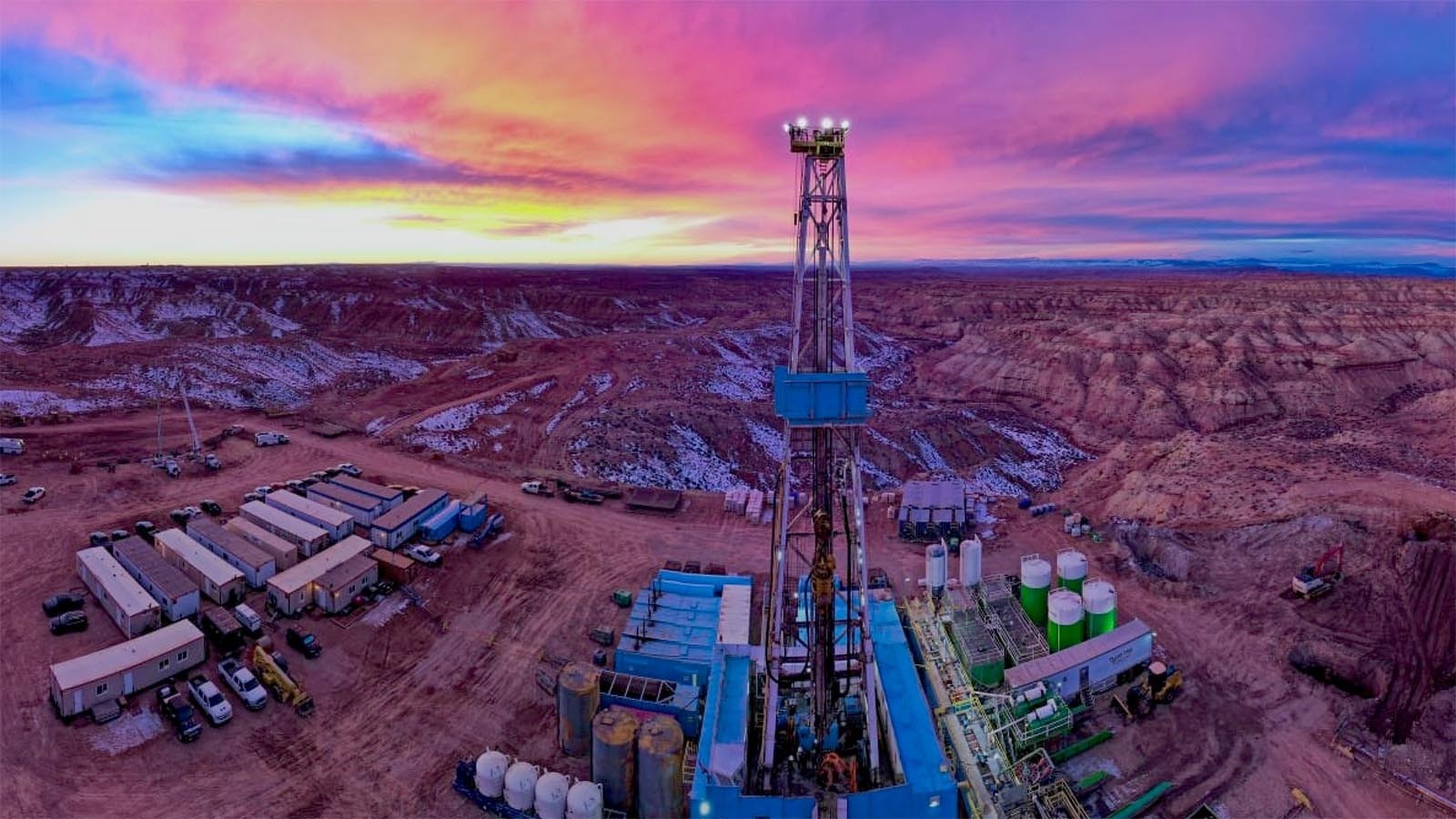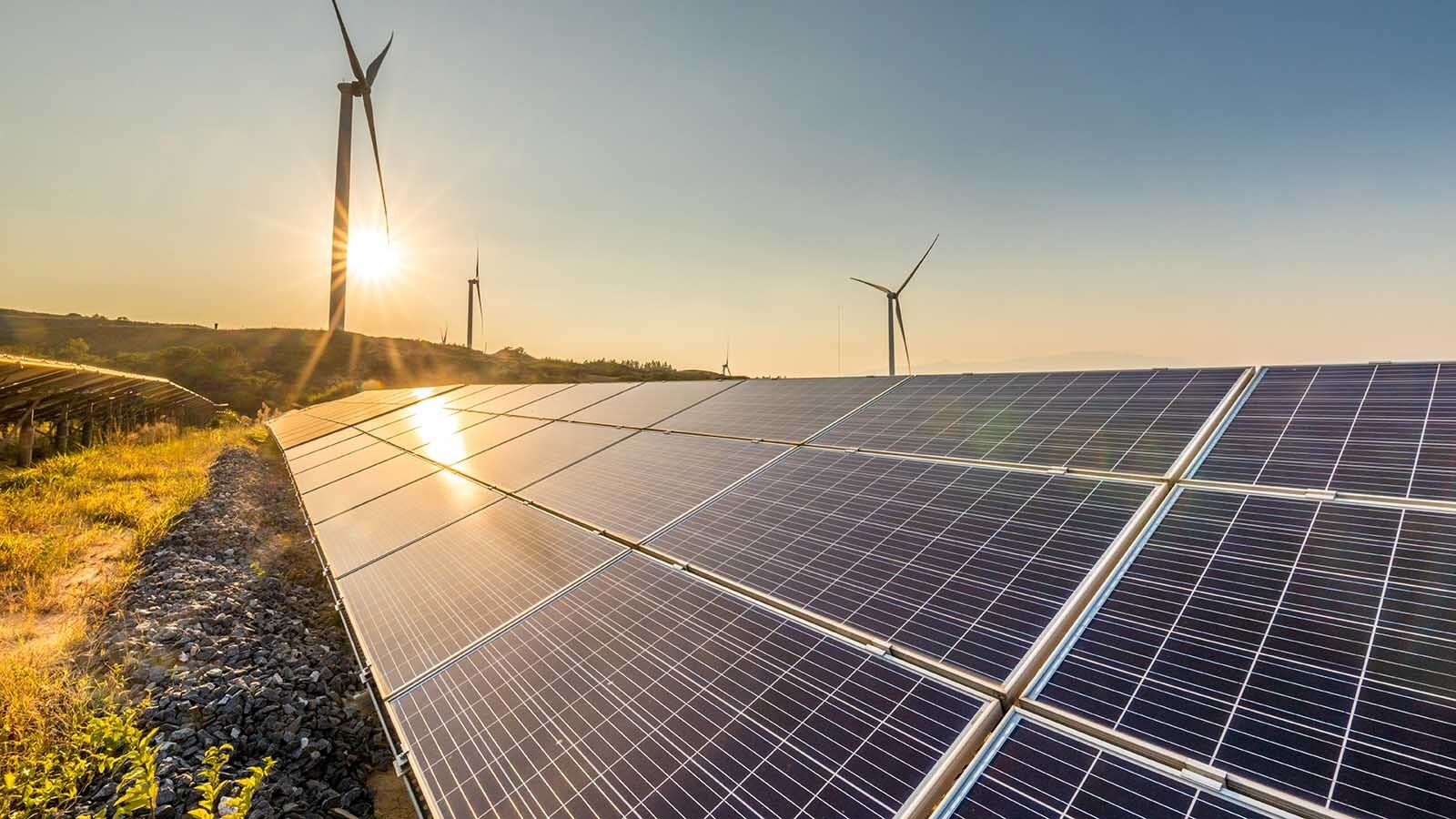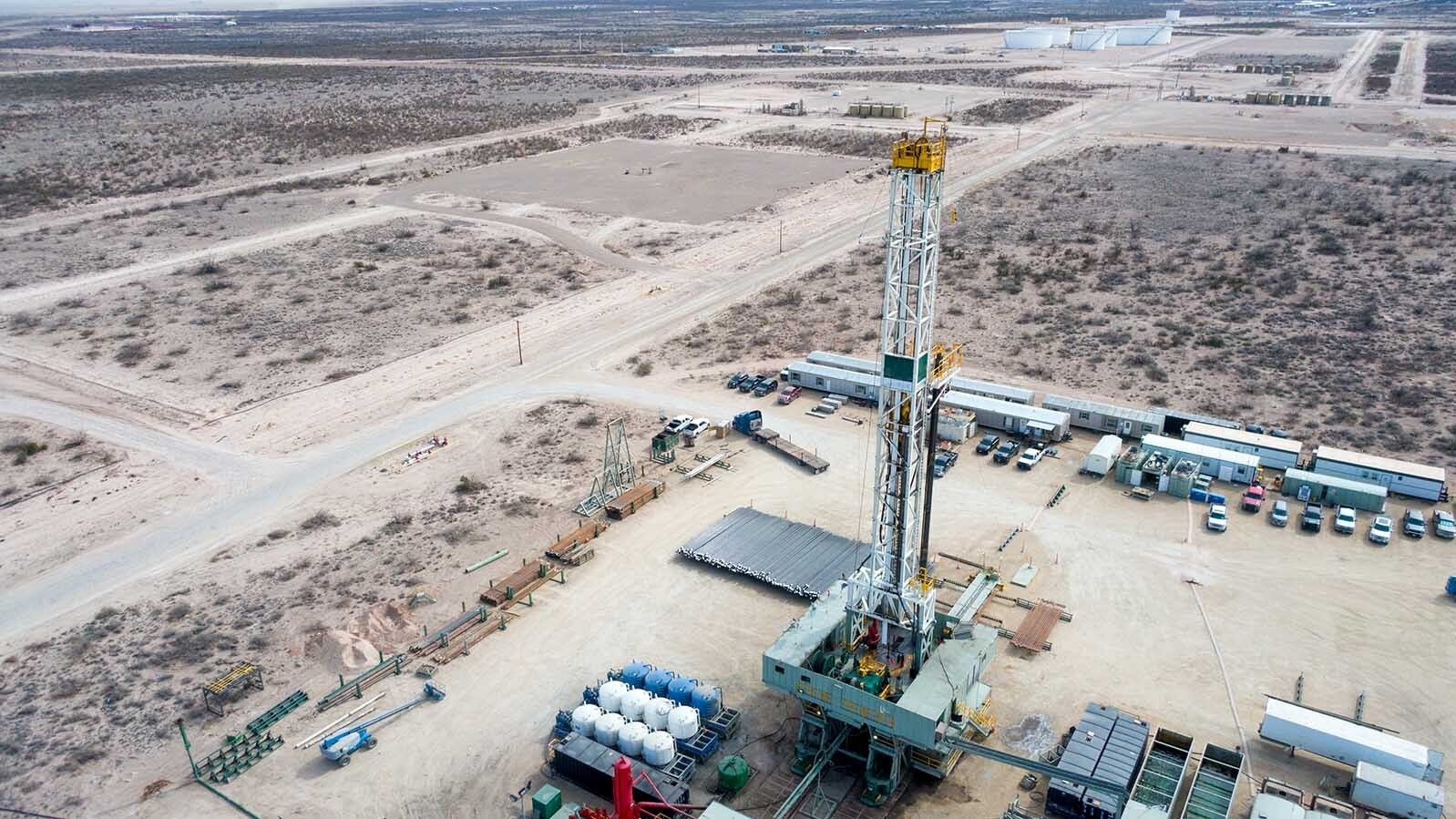The Biden administration’s EPA is charging ahead with aggressive pollution limits that will require two out of every three cars manufactured in the U.S. to be electric by 2032.
But even that aggressive push likely isn’t enough to turn two-thirds of vehicle owners in Wyoming to driving electric cars considering the market penetration of EVs in the Cowboy State is a fraction of a percent.
Wyoming had 828,439 cars and trucks registered in the state in 2020, including those in state and local government fleets. Of those, 338 were EVs, or 0.00041%.
By last year, the number of registered EVs in Wyoming jumped to 657. More than half were in Laramie and Teton County. Hot Springs and Johnson counties have no registered EVs, and all the other Wyoming counties have at least one.
Will People Buy EVs?
Nothing about the EPA regulations will require consumers to buy those cars.
The first Teslas were sold in 2008, and the first Nissan Leafs were first offered in 2010. Today, about 6% of cars on America’s roads are electric. The Biden administration believes it can increase that 11-fold in nine years.
Even electric car enthusiasts are skeptical.
“Government mandating anything is generally bad, and attempting to force the market will only hurt things,” said Aaron Turpen, a Cheyenne-based automotive writer and supporter of electric vehicles.
Turpen said that with the target date well past when Biden will be president, the proposed rules are “more grandstanding while ultimately kicking the can down the line.”
Vince Bodiford, publisher of TheWeekendDrive.com based in Cheyenne, told Cowboy State Daily the automakers will have no trouble retooling their production to meet the EPA requirements. The question is, will the EVs just sit on the lots collecting dust?
“This is a gigantic question that’s going to be answered by the car-buying public,” Bodiford said.
What Dealers Say
Car dealerships are reporting little interest in electric vehicles from their customers.
Mike VanVleet, new car sales manager at Laramie GM Auto Center told Cowboy State Daily they don’t have a lot of them allocated that the dealership can order. He has about three orders for EVs now on a waiting list.
“Probably that will change as the vehicles actually start coming in, but as of right now, we’re not seeing a high demand,” VanVleet said.
He said the charging infrastructure in Wyoming isn’t very accommodating of EVs, so that might discourage sales.
“Eventually, I feel there will be that infrastructure, but I just don’t know when and how,” he said.
There are a number of other issues for Wyoming drivers, including frigid winters, which can greatly reduce the range of an EV battery.
Taylor Thorton, sales associate with White’s Mountain Chevrolet in Casper, told Cowboy State Daily it has had some interest from customers in electric vehicles, but not a lot.
“It hasn’t been anything crazy,” Thornton said.
Brad Follensbee, general manager at White’s, told Cowboy State Daily there is a small demand and they’ve sold a few EVs.
“They fit a niche, but the niche is not that big in the Wyoming market,” Follensbee said.
Consumer Is Always Right
Bodiford said the EPA mandates could have an impact on the price of new gas-powered cars.
If the demand for internal combustion engine cars remains high while supply is low, the effect will be that gas-powered cars will sell well above manufacturers' retail suggested price.
“The consumer is always right, and the government is always wrong. They never get it right,” Bodiford said.
Follensbee said that it’s not clear how the mandates will impact inventory at dealerships in Wyoming. However, consumer preference plays a role in what cars are on the lot.
The market share of sport utility vehicles at White’s, Follensbee said, is much higher than in states with warmer climates where all-wheel drive is not in as high demand as snowy Wyoming.
Dictatorial Attack
Energy expert Alex Epstein argued in a Twitter thread that the EPA’s rules are a “dictatorial attack on American drivers and the U.S. grid.”
Epstein said that if EVs were the superior cars advocates say they are, they wouldn’t require subsidies, much less mandates. Most EV owners are wealthier, Epstein said, as they can afford the higher purchase prices, so the mandate will hurt the poor.
There’s also the question as to whether the grid can handle the extra load, especially as utilities plan to shut down reliable coal-fired electrical generation and replace it with intermittent solar and wind power.
A report published Monday by the North American Electric Reliability Corp., a nonprofit that oversees the reliability of the major grids in the U.S. and Canada, warned that more collaboration between utilities and EV equipment industries was needed to reduce the potential for “catastrophic consequences for electrical system reliability such as cascading blackouts and widespread power disruptions.”
The goal of the EPA regulations is to reduce emissions, but even if drivers switch to electric cars, the impact on global emissions will be negligible.
According to physicist Mark Mills, a senior fellow at the Manhattan Institute, a single EV battery requires mining 500,000 pounds of rock to produce. If half of all vehicles on the planet were EVs, Mills estimated, it would reduce oil consumption by 15%.





